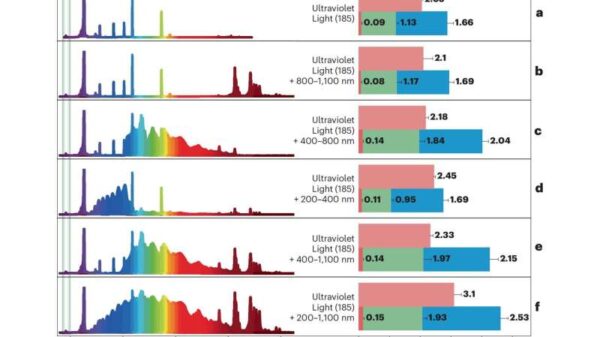A recent study conducted at the University of Cologne has uncovered significant findings regarding the development of research competence among future teachers. The research focused on how these competencies evolve during research-based learning, revealing both cognitive and motivational changes over the semester.
The study shows that the cognitive domain of research competence, which includes knowledge and understanding of research processes, increases markedly throughout the course. Students demonstrated enhanced skills and comprehension related to various research methodologies. In contrast, motivational aspects such as enjoyment, interest, and perceived benefits of engaging in research showed a slight decline. This phenomenon is described as a decrease in the affective-motivational domain.
Key Findings on Motivation and Cognitive Skills
A crucial insight from the study is that prospective teachers who start with higher motivation levels tend to experience the most significant growth in their cognitive skills. This correlation suggests that initial motivation plays a pivotal role in how effectively future educators develop their research capabilities.
The findings emphasize the importance of fostering an engaging and supportive learning environment that maintains students’ motivation throughout their studies. This could lead to more effective training for future educators, ultimately benefiting the education system as a whole.
Overall, the research conducted at the University of Cologne contributes valuable knowledge to the understanding of how teaching programs can enhance research competence in future teachers. The study highlights the need to balance cognitive skill development with ongoing motivational support, ensuring that students remain enthusiastic about their learning journey.







































































